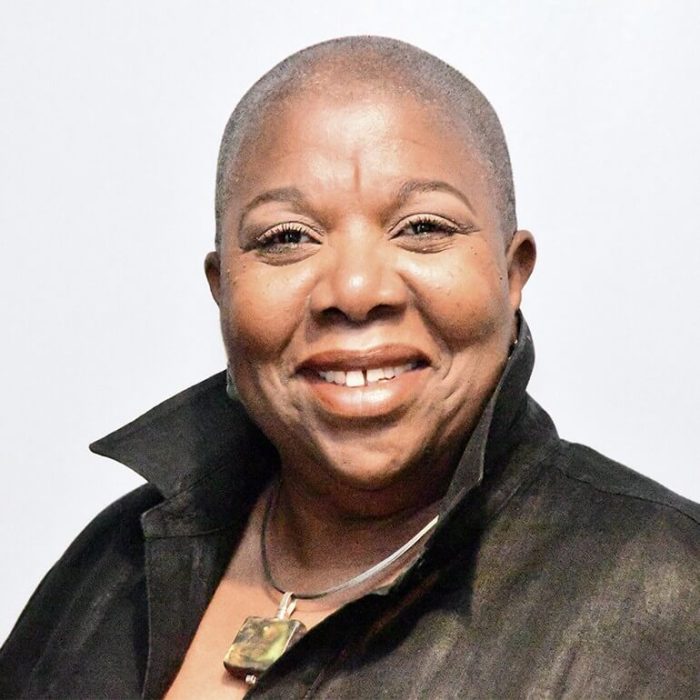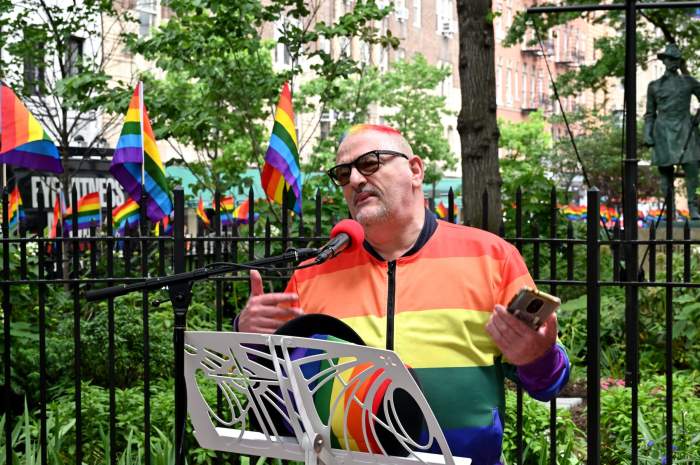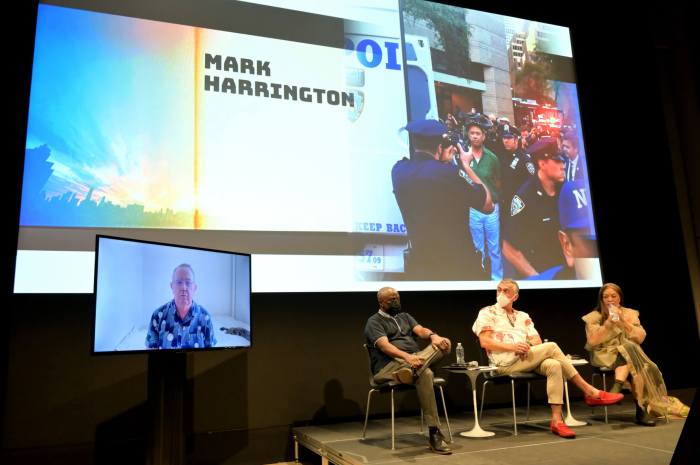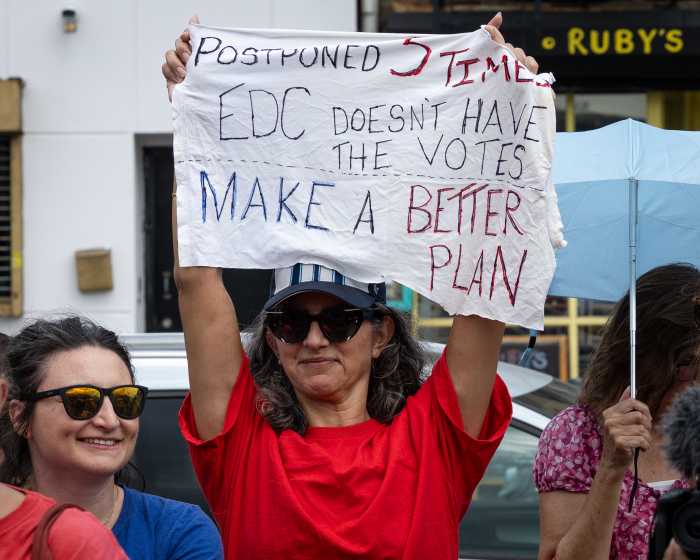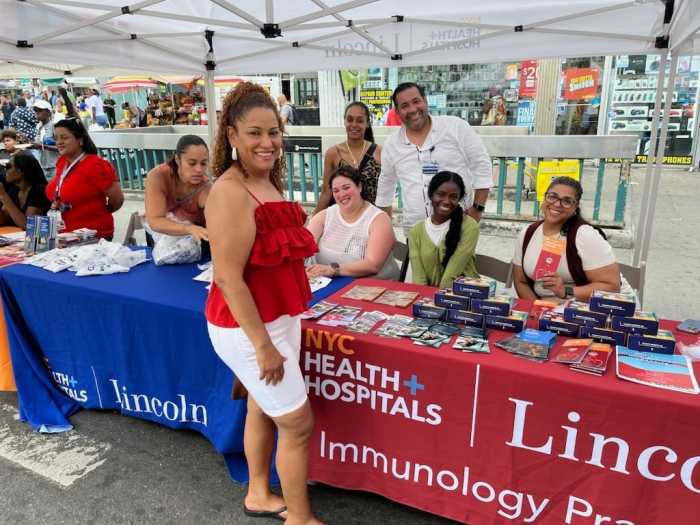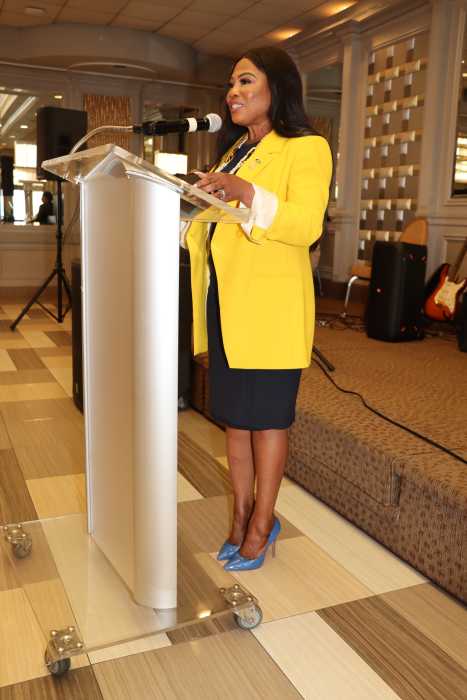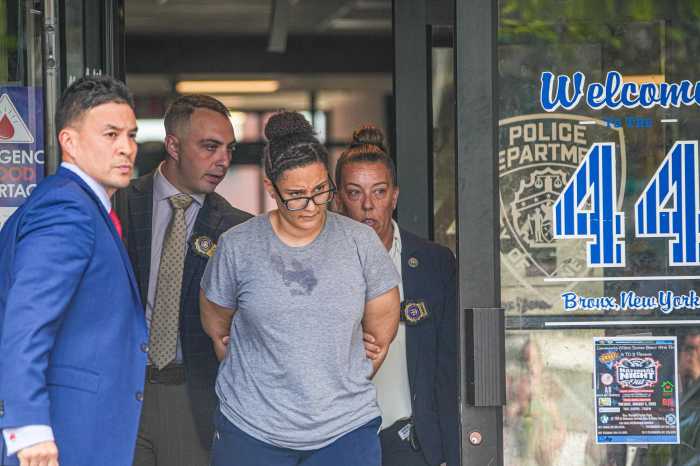The New York City Department of Health and Mental Hygiene on September 15 announced 50,000 additional monkeypox vaccine appointments, shortened the wait time between first and second doses, and reduced the minimum age requirement to include those under the age of 18.
Individuals seeking their second shot of the two-dose Jynneos vaccine now only need to wait at least 28 days between shots, while minors seeking the vaccine must receive consent from a guardian, parent, or legal custodian. Consent for those who are 16 or 17 can be via phone or in person at the time of the appointment, but those 15 or under require a caregiver to accompany them.
For adults seeking the vaccine, first shots can be administered on a walk-in basis, while second shots require appointments ahead of time. The new batch of appointments will be available on Friday, September 16 at 4 p.m.
Those eligible for the vaccine include people who have had multiple or anonymous sex partners in the last two weeks and are gay, bisexual, or other men (cisgender or transgender) who have sex with cis or transgender men or transgender women. Furthermore, transgender, gender non-conforming, or non-binary people are eligible, as well as sex workers, regardless of sexual orientation or gender identity.
“We feel confident that we now have enough supply of vaccine to meet current demand, and are comfortable lowering the window of time between first and second doses,” Health Commissioner Dr. Ashwin Vasan said in a written statement. “We know that this provides much deserved peace of mind to New Yorkers who have bravely faced this outbreak. Over these many months, they have adapted to the vaccine supply challenges and have successfully slowed the spread of this virus. We are especially grateful to the affected community, who stepped up to protect themselves and one another, as well as partner organizations who worked tirelessly to share information.”
The city authorized second shots at the beginning of the month after previously limiting individuals to one dose due to supply shortages. The federal government bolstered the vaccine supply in recent weeks and directed health professionals to further stretch it by administering doses intradermally, which means injecting smaller amounts of the shots between layers of skin. Vasan reassured city lawmakers last month that the new intradermal effort had a “similar effect” as the usual vaccination method.
Cases have been decreasingly rapidly in New York City and many other areas as local jurisdictions continue to administer as many vaccine doses as possible and spread awareness to local communities. A total of 3,388 cases have been counted in New York City.
Cases have overwhelmingly been limited to men who have sex with men, but many have voiced concern about the outbreak’s disproportionate impact on people of color. In New York City, Hispanic individuals have accounted for the most cases with 1,122, while Black folks have tallied 901 cases and white people have registered 781 cases. Asian or Pacific Islander individuals have made up 115 cases and another 382 are classified as “missing” race/ethnicity data. Fifty-five cases have been seen among those who listed “other” for race/ethnicity.
Learn more about monkeypox and the vaccine on the Department of Health’s website.



